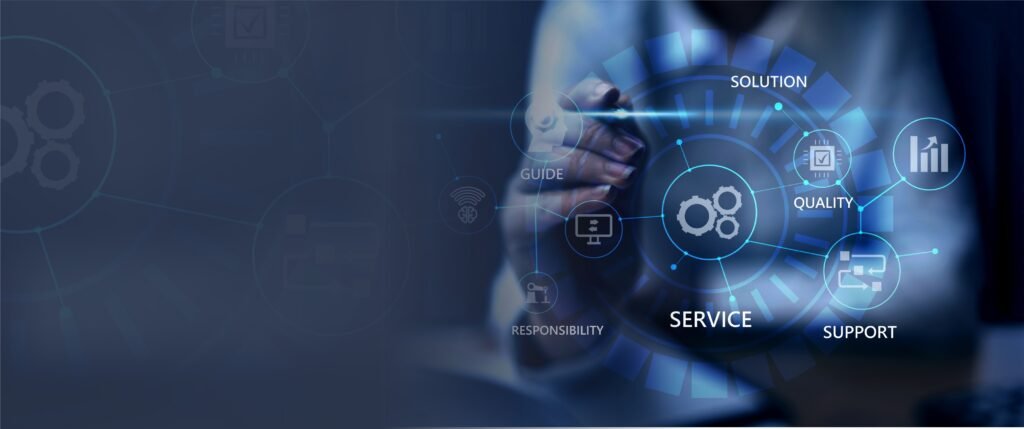What is Ethical Software Development?
Ethical software development means designing, coding, and maintaining software in ways that prioritize user rights, fairness, transparency, privacy, and security while considering the broader social impact of technology.
How Ethical Software Development Builds Trust
1. Protects User Privacy and Data
-
Ethical developers ensure user data is collected, stored, and processed with consent and transparency.
-
Using strong encryption and secure coding practices reduces the risk of data breaches.
-
Respecting privacy laws (like GDPR) reinforces trust that the company respects users’ rights.
2. Ensures Fairness and Avoids Bias
-
Software is designed to avoid discrimination, ensuring fairness across all user groups.
-
Ethical teams test algorithms and data sets to eliminate biases, preventing harm or exclusion.
-
This builds trust especially in AI and automated decision-making systems.
3. Promotes Transparency and Accountability
-
Ethical development encourages clear communication about what the software does and how user data is used.
-
Developers take responsibility for their code, quickly fixing bugs or vulnerabilities.
-
Transparency reassures users and stakeholders that the company values honesty.
4. Prioritizes Security and Reliability
-
Ethical practices mean proactively securing software against threats, ensuring it works reliably.
-
Minimizing downtime and preventing exploits protects users and their data.
-
Reliable, secure software builds confidence in the product and brand.
5. Respects Intellectual Property and Licensing
-
Ethical developers honor open-source licenses and avoid plagiarism.
-
This respects the community and maintains legal and moral integrity, earning respect from users and peers.
Why Trust Matters
-
User Loyalty: Users are more likely to stay with and recommend software they trust.
-
Brand Reputation: Ethical practices create positive perceptions, avoiding scandals or backlash.
-
Legal Compliance: Trust reduces legal risks related to privacy violations or unethical practices.
-
Long-term Success: Trust fosters sustainable growth and innovation.
In Summary
Ethical software development is foundational to building trust because it aligns technology with human values—protecting privacy, ensuring fairness, being transparent, securing data, and respecting laws. Without ethics, users lose confidence, and products fail to gain or maintain trust.



